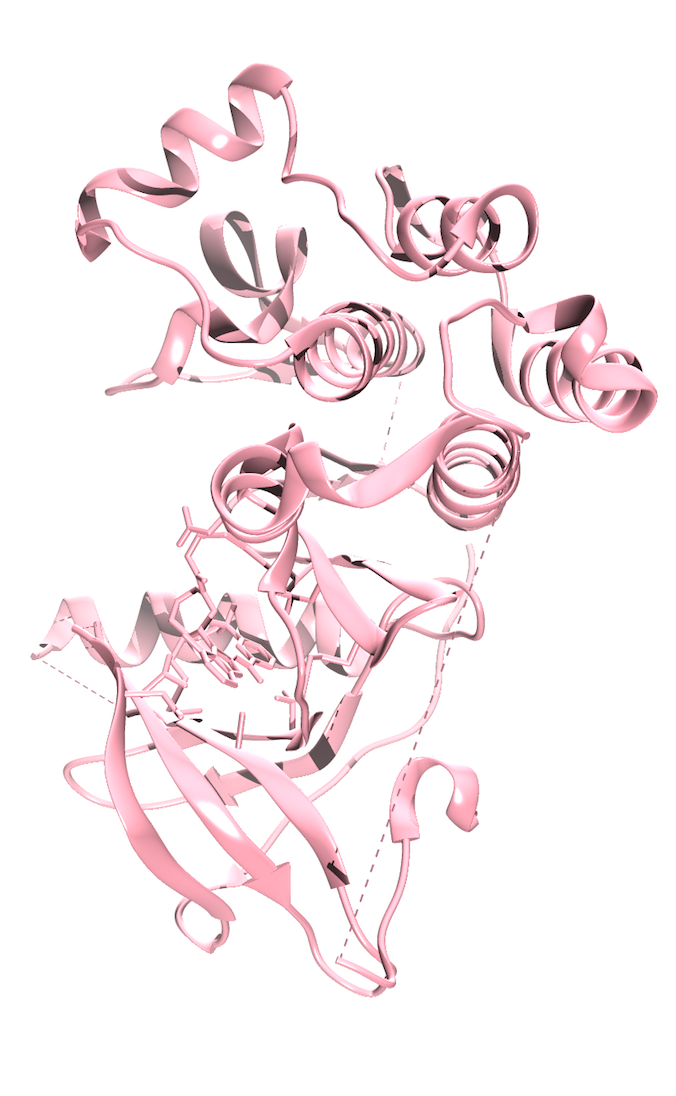
The Function SIG meeting is held annually alongside ISMB. Function-SIG 2024 will be held on Wednesday-Thursday, July 13-14, 2024 as part of ISMB 2024 in Montreal, Canada.
The Function Special Interest Group:
The mission of the Function Special Interest Group (Function-SIG) is to bring together computational biologists, experimental biologists and biocurators who are dealing with the important problem of gene and gene product function prediction, to share ideas and create collaborations. The Function-SIG holds annual meetings alongside the ISMB. Also, we are conducting the multi-year Critical Assessment of protein Function Annotation, or CAFA, experiment.

Recently, the availability of genomic-level sequence information for thousands of species, coupled with massive high-throughput experimental data, has created new opportunities as well as challenges for function prediction.
Many methodologies have been developed by research groups worldwide, many based in comparing unsolved sequences with databases of proteins whose functions are known.
Other methods aim at mining the scientific literature associated with some of these proteins, yet others combine sophisticated machine-learning algorithms with an understanding of biological processes to decipher what these proteins do. Indeed, we may have already identified a protein that is an ideal drug target for cancer, but it is lost in the myriad of data labeled as “function unknown”.
The AFP meeting is noted for its strong community, engaged audience, and premier speakers. Previous years’ speakers include: Dame Janet Thornton (EBI), Peer Bork (EMBL), Barry Honig (Columbia University), Ewan Birney (EBI), Philip Bourne (UC San Diego), Russ Altman (Stanford University), Michael Sternberg (Imperial College), Steven Brenner (UC Berkeley), Amos Bairoch (Swiss Institute of Bioinformatics), Adam Godzik (UC San Diego), Simon Kasif (Boston University), David Jones (University College London), Jonathan Eisen (UC Davis), Olga Troyanskaya (Princeton University), Patricia Babbitt (UC San Francisco), Christine Orengo (University College London), Terry Gaasterland (UC San Diego), Kimmen Sjölander (UC Berkeley), Frederick Roth (University of Toronto), Shoshana Wodak (Sick Kids Toronto), Alex Bateman (EBI), Olivier Lichtarge (Baylor College of Medicine), Keith Dunker (Indiana University School of Medicine), Anna Tramontano (University of Rome, “La Sapienza”), Andrew Emili (University of Toronto), Lucy Colwell (Google and Cambridge University), Lukasz Kurgan ( Virginia Commonwealth University), and Alfonso Valencia (CNIO, Spain) .
